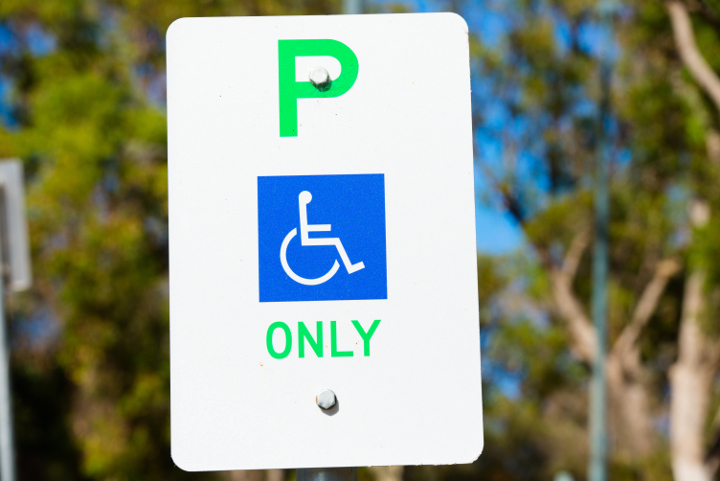Disability Attorneys on Less Obvious Disabilities
RGG Law has previously referred to mental health-related disabilities in a blog about the stigma of social security disability. If you are looking for a disability attorney to help you file for social security related to a neurological condition, you may already be aware that having such a condition has some unique difficulties. We want to take a look at some of the challenges of neurological disabilities and disability benefits.
The Invisible Disability
These days, many different forms of neurological and mental health difficulties that are severe enough to be classed as a disability are placed under the umbrella term of “invisible disabilities”. The reason for this is obvious – in most cases, no one can tell that a person suffers from a neurological condition just through observation.
There is a long list of debilitating neurological conditions that cannot be seen outwardly, from severe, chronic depression, to intense anxiety or illnesses such as schizophrenia. Invisible disability is a term that can cast a wider net, and include things like less obvious visual or auditory problems, or chronic internal pain with no clear outward symptoms.
What Makes Invisible Disabilities a Challenge?
Any experienced disability attorney will tell you that there are some specific challenges that come with living with what would be considered an invisible disability. For example, have you ever seen someone park in a handicapped spotted, only for an apparently able-bodied person to emerge from the car? Did you feel angry, even offended, that they would take advantage of something meant for someone with specific problems?
Did you stop to think that, perhaps, that person has a disability you simply cannot see?
The assumption that a disability must involve obvious, observable symptoms is still extremely common. To an extent, it is understandable that many of us expect to see clear signs that someone is living with a disability – such as having to use a wheelchair or other walking aids. Someone who suffers from an invisible disability is as aware of these assumptions as anyone else, and it can create an intense feeling of self-consciousness when using disabled facilities.
Benefits, Invisible Issues and Judgment
Now take these assumptions about obvious disabilities and apply them to social security disability. As our team of disability attorneys has covered in a previous blog, there is already a stigma that hangs heavily over using many types of public assistance, even for those more clearly in need.
Imagine someone suffering chronic depression, only to receive negative comments when others find out you rely on public assistance because you are unable to work. Mental health issues can be especially prone to being exacerbated by the stigma of using disability benefits, as self-worth and self-image are often already vulnerable. These kind of judgments from others only serve to prolong a cycle of negativity, making it hard to overcome.
The Fallacy of “All In Your Head” Illnesses
Disability attorneys talk to a lot of different people looking for public assistance and hear many different perspectives on experiences with less-visible disabilities. One of the most common misconceptions about any illness or disability that others are unable to see is that it is “all in your head”. Depression and anxiety are obvious examples of this, with many sufferers recounting the numerous times they have been told to “get over it”, or to “pull themselves together”.
However, it is not only mental health issues that are subject to this kind of persecution. Fibromyalgia, a disorder that results in chronic pain that is difficult to identify or diagnose, is extremely prone to accusations of being imaginary or even deliberately invented to take advantage of sympathy and benefits. Even more familiar, well-known physical issues like back-pain or digestive issues like irritable bowel syndrome can be subject to the same responses.
How Do You Stop the Stigma?
So, how are these assumptions and judgments eliminated? Sadly, much like the stigma that can surround public assistance, there is no surefire way to dispel people’s assumptions about invisible disabilities. Plenty of people are understanding, while others will always have prejudices about the subject.
The most important thing to remember is that, regardless of what others may think, the process of qualifying for your benefits, or even just being diagnosed with a disability, is hard. Changing the opinions of others is less important that looking after your own well being.
Disability Attorneys Who Understand
The disability attorneys at RGG have a long history of working with people who live with a wide variety of disabilities – visible and invisible. With no judgment and an understand of how difficult it can be, we will help you get the support you deserve. Contact RGG Law today for a free consultation.

